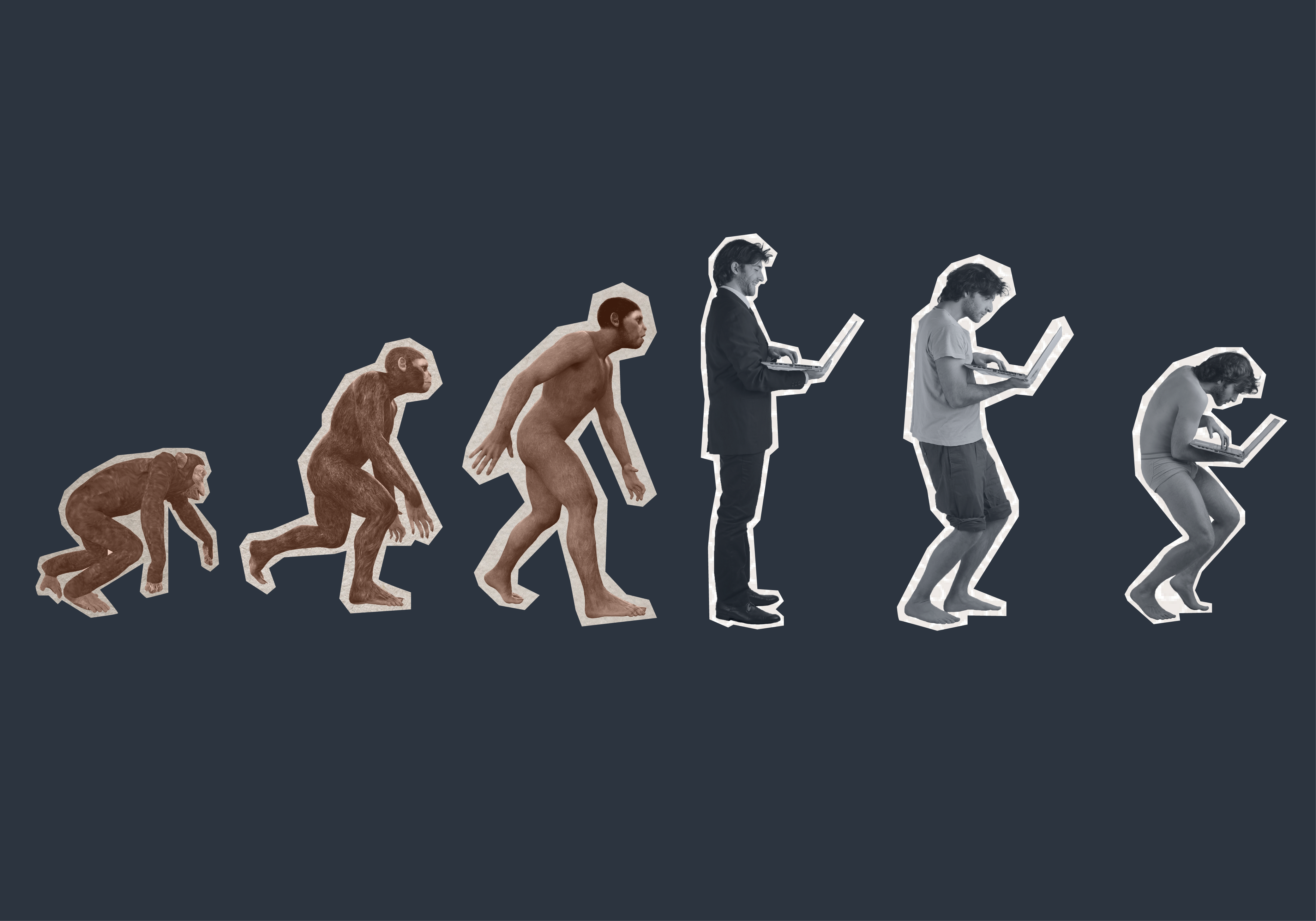Recruitment has changed significantly during the last several years, the result of labour market forces, the acceleration of previously existing trends, social change, and pandemic-related necessity. Understanding the market forces at work is key to recruiting the talent needed to thrive in a tight labour market. Good help is also essential. Consider the following five developments.
The Prevalence of Virtual Job Interviews
Virtual job interviews were previously considered a last resort, but, once necessitated by the pandemic, have shown themselves to make good sense. While some companies prefer to conduct final interviews in person, making at least the initial touchpoints virtual has proven to be a convenience for both parties.
As Rae Ringel writes for Harvard Business Review, the development is not without its downsides.
“Without the multitude of data points available only in person — the feel of a handshake, the way the energy in a room changes when a candidate walks in — employers need to develop new strategies for gauging whether someone is a good fit.”1
Swigunski believes that the intimacy of the screen allows interviewers to gain salient clues and finds that a candidate’s reaction to inevitable home distractions can be telling.
Remote Work Has Decreased Geographical Recruiting Restrictions
The debate about the benefits and perils of the remote workforce rages on, but companies that find a way to make it work enjoy the added benefit of a broader pool of candidates from which to recruit. Unfamiliar postal codes and relocation budgets need no longer be a factor. This development cuts two ways, as it also increases competition for top candidates.
Employer Branding and Employee Experience are Key in an Employee’s Market
A tight labour market and inflationary pressure may not have been the first things that popped into economists’ minds when the pandemic hit, but here we are. Companies must therefore be mindful of their reputation as employers and can be assured that if good news travels fast, bad news travels faster.
The recruitment process itself is part of the employee experience, so companies must be responsive and respectful of candidates throughout.
The pandemic has prompted soul searching for many in the workforce, who have placed increasing value on companies that provide flexibility, while demonstrating a commitment to mental health, employee wellbeing and diversity. At the same time, candidates seek employment industries that provide stability. Those who can walk the walk on these issues are well positioned.
Technology is Playing a Larger Role in Recruiting
Recruitment efforts are increasingly reliant on data in order to sort through applications and predict success. Meanwhile, automation is playing a larger role in the application process, at least during the early stages. While these can be helpful tools, they are no substitute for personal communication and analysis. Successful recruiters leverage available tech, without sacrificing the human element.
Recruiting for Soft Skills
Direct experience will always be considered a plus, but so called soft-skills, such as communication, problem solving, and teamwork are being shown the appreciation and consideration they deserve. With ‘paradigm shifts’ and ‘unprecedented times’ becoming the norm, companies are valuing employees who show an ability to adapt. Companies have had to be resilient in order to weather pandemics, economic turmoil, and societal disruption, so recruiters are looking for candidates that display similar traits.
“EQ (emotional intelligence) is arguably more important than ever,” writes Ringel, describing EQ as “a person’s ability to relate to others, roll with the punches, navigate difficult situations with grace, and “read the room”.1
Are Recruiting Agencies Worth It?
With so much change, companies need to approach their recruitment efforts with a solid plan in place. Many will find themselves pondering whether to conduct the recruitment process in-house or hire a recruiting agency. While outside agencies aren’t right for everyone, they do bring a number of advantages to the table that shouldn’t be overlooked.
A recruiting agency will sell your company to candidates, representing you in the best possible light. When discretion is important, they’re able to shield your identity during the early stages of the process.
Recruiting agencies have a wide network from which to recruit, enabling them to move quickly, which is important in such a competitive marketplace.
Agencies are very familiar with the marketplace at all times and are able to provide you with accurate expectations regarding the candidate pool and the compensation they’ll expect. Experience also allows agencies to identify a good fit, ensuring that the candidates presented to you will be strictly high-quality.
Companies that stand the test of time are always the ones who are able to stand on their core strengths, while also adapting to change. Doing this means consistently bolstering your ranks with incoming talent that is positioned to contribute to your success, which makes recruiting a crucial function.




